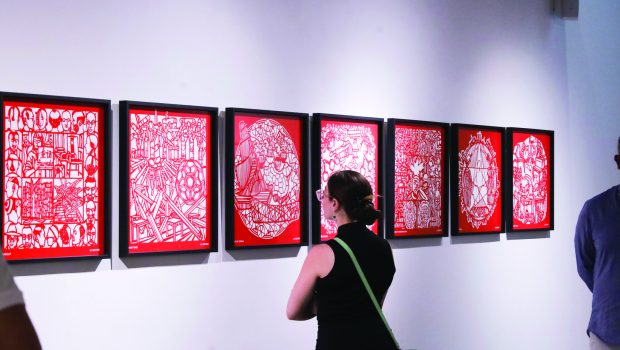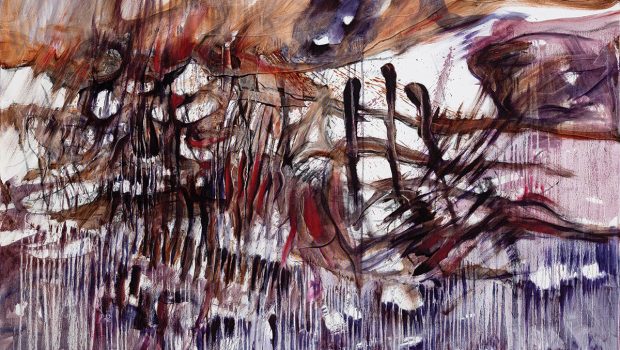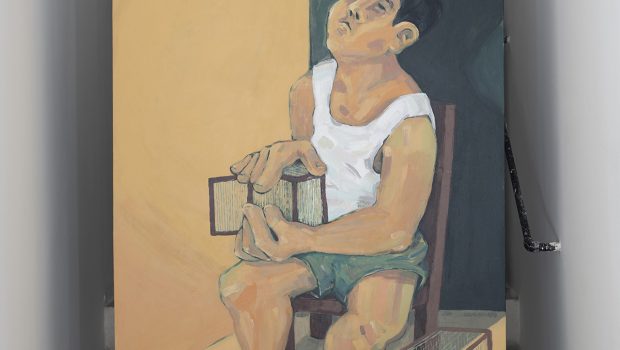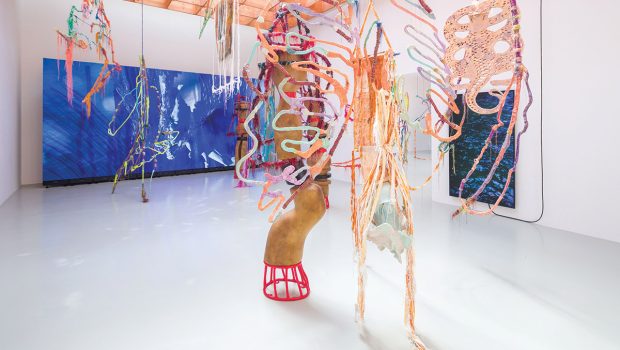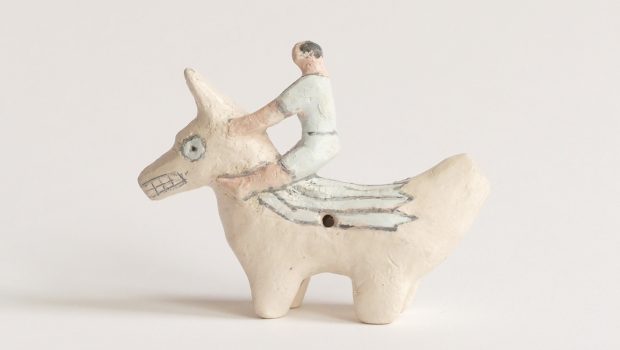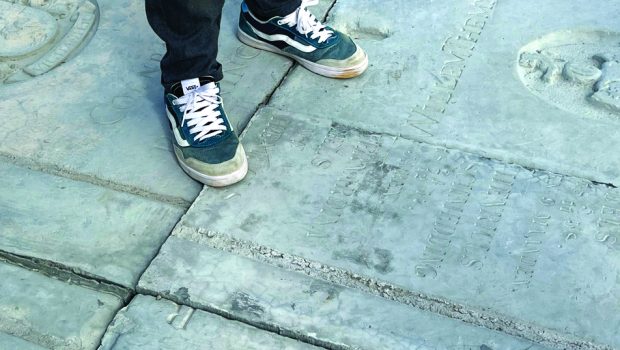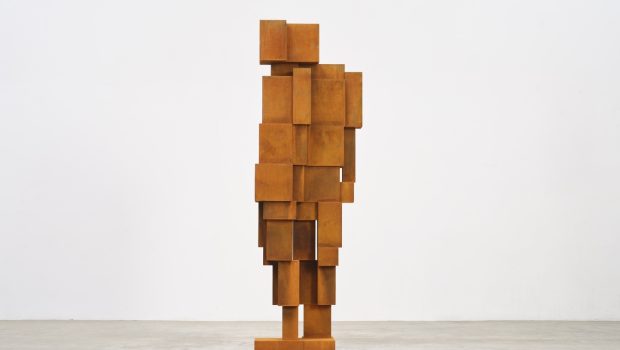Bonds of Friendship
shape the themes of the 2024 Malta Biennale
Jaime Davis spoke to the Artistic Director and Curator of Maltabiennale.art prior to the opening of its first edition, marking an exciting cultural moment for Malta as it contributes to a network of international biennales. Titled Insulaphilia and led by Sofia Baldi Pighi alongside Elisa Carollo, Emma Mattei and Nigel Baldacchino, the 2024 debut of the contemporary art biennale examines its Mediterranean surroundings from an insular perspective – as a conduit and medium for affinitive approaches to making the world anew.
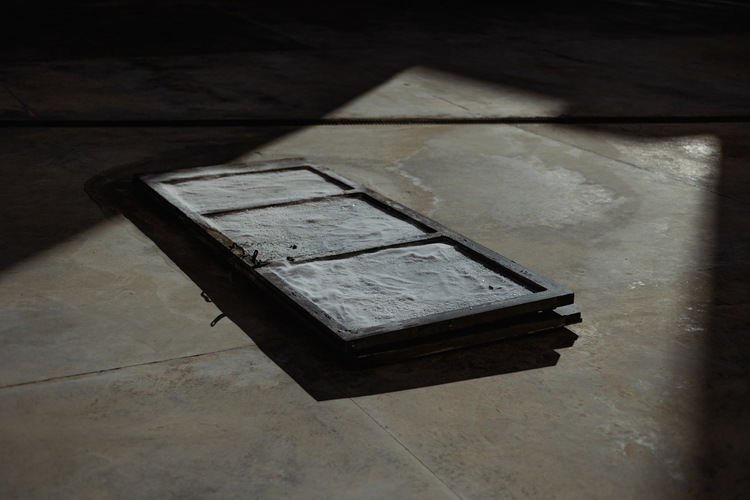
The translation of the term Insulaphilia being “of an island” with “love and friendship,” suggests a genuine trust in enduring relationships. The curatorial statement explains that this stems from a strong belief in communities to overcome adversity and work together towards this transformative process. Throughout, the Biennale reiterates the importance of hybridity within culture and Malta as a unique site where both East and West, North and South converge to confront differences between Islam and Europe, in the hope for coexistence. The island physically and expressively represents obstacles that Europe must confront to redefine historical conceptions of the region, and work towards mutual exchange for much needed and improved global well-being. In this way, the biennale is conceived as a stage for a collaborative call and response from artistic voices and their communities, addressing current ecological and geopolitical conditions. Sofia Baldi Pighi boldly and empathetically claims that cultural work must take a position on current issues, not necessarily to provide the answers, but to facilitate discussions, questions, and invent new approaches to problems.
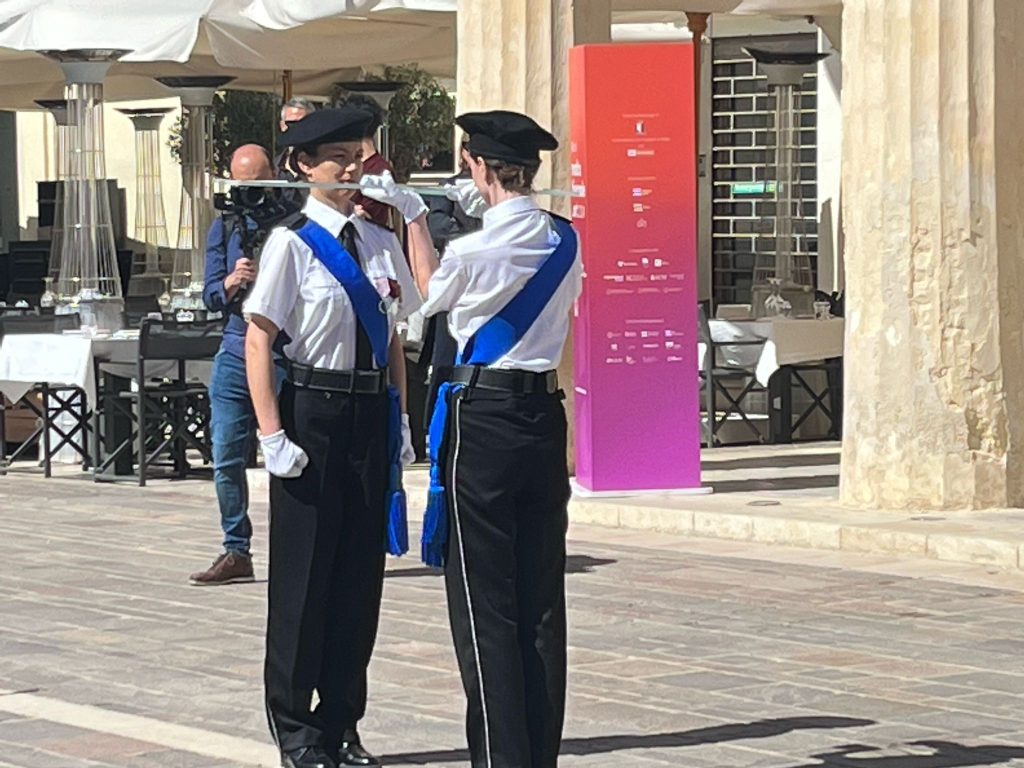
Maltabiennale.art opens with a valiant message to the world and embraces cultural expression as a medium for change.
The programme takes a distinctly political tone, comprising national pavilions and an exhibition with four themed sections: Can You Sea?: The Mediterranean as a political body, Decolonising Malta: Polyphony Is Us, The Matri-archive of the Mediterranean and The Counterpower of Piracy. Each of the biennale sections carefully considers the site, not solely as a response or intervention to it, but in correspondence with the charged histories and resonances that it projects. For example, The Matri-archive section, located at the Grand Master’s Palace in Valletta, is an archival platform for collecting and discussing issues such as alternative forms to systems of domination and control seen in dictatorial and authoritative traditions. These systems continue to impact the way communities organise and store national memories, affirm legacies, and impose historical knowledge – omitting counter-narratives and overlooked histories that are carried through alternative forms of knowledge production. Built in 1571, the Palace has housed the residence of the Grand Masters, the French Commander, British Governors, and the Parliament of Malta, to its current use as the office of the President of the Republic. Maintaining a symbol of power for more than four and a half centuries, it also houses an extensive collection of weaponry as an actual vessel of military and state authority, predominantly directed by men.
Exploring the question of the archive in the context of the Mediterranean region’s memory and performative practices of creative female communities, the Matri-archive becomes an unapologetically feminist response to symbols of power and control. As a physical display, it endeavours to shift approaches to knowledge production previously enforced or inherited, and in turn offer artistic practice as a format for processing and healing emotional responses to traumatic historical legacies and colonial rule. Embodied experimentation, innovation and transmission of renewal for future generations becomes the driving force to reshape previously held narratives by including and respondingto them. Organised in collaboration with the Centre for Postcolonial Gender Studies at the University of Naples L’Orientale, the Matri-archive aims to bring artistic practice into dialogue with other professional practices and disciplines. Together, these fields express the urgent need for innovative forms that take a horizontal approach to generating and sharing expertise, ultimately in an effort to face today’s ecological and political challenges.
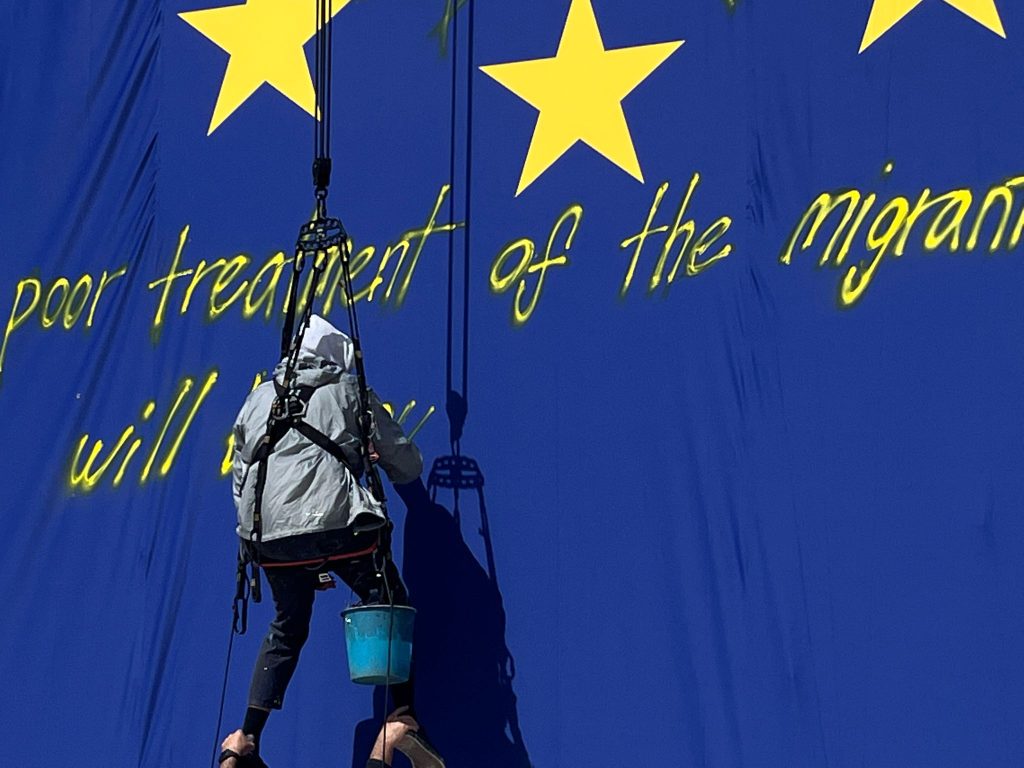
The curatorial position recognises that Malta has been shaped by the sea – physically, ideologically and historically – as a refuge, silo, and defender throughout time. The Biennale themes speak to the distinct characteristics that have shaped the island and what it has become by importing and exporting material culture and social customs, while also negotiating, constituting and nurturing a plurality of public spheres that make it so exceptional.
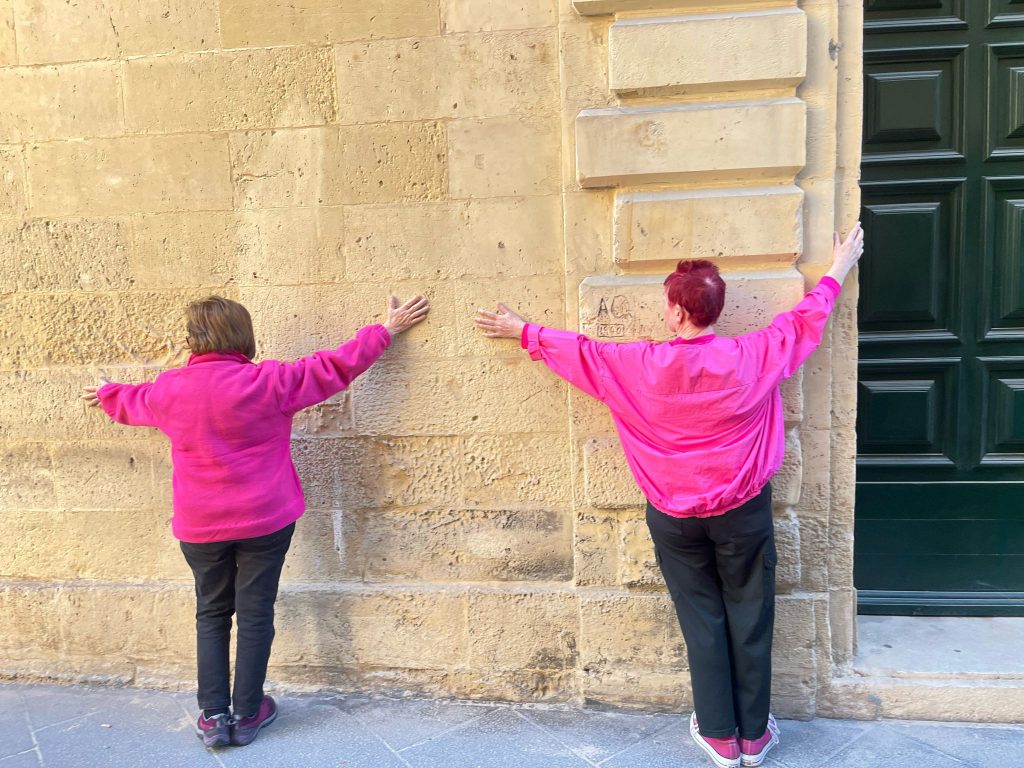
Sofia Baldi Pighi boldly and empathetically claims that cultural work must take a position on current issues, not necessarily to provide the answers, but to facilitate discussions, questions, and invent new approaches to problems.
The ethos of the biennale themes is also exhibited in the public participation and learning programme as well as open call format for the selection of more than 70 artists. Together, local and international creative expressions have been invited to envision possible futures for the Mediterranean region, while public engagement events will endeavour to rekindle what the curatorial team refer to as “our affection for the places that constitute our history and diverse cultural identity.”
Other sections, ‘Can You Sea?: The Mediterranean as a political body’, and ‘Decolonising Malta: Polyphony Is Us’ address the ongoing process and challenges of decolonisation, and Malta’s demographic richness, as well as its differences to other international dynamics of indigenous peoples and native identities. From the vantage point of cohabitation, possibilities for new methodologies and emergent strategies of coexistence resist both new and old destructive patterns. In the final theme, ‘The Counterpower of Piracy’ the curators included artists who draw upon Malta’s centuries long history of hosting piracy. The pirate has long captured the imagination of many, notably grassroots political activist and scholar David Graeber, who historicised pirates’ self-organisation as an egalitarian form and precursor of democracy – but one that was based on friendship and communal understanding, shifting the focus to democratic ‘relations’ versus sovereignty.

